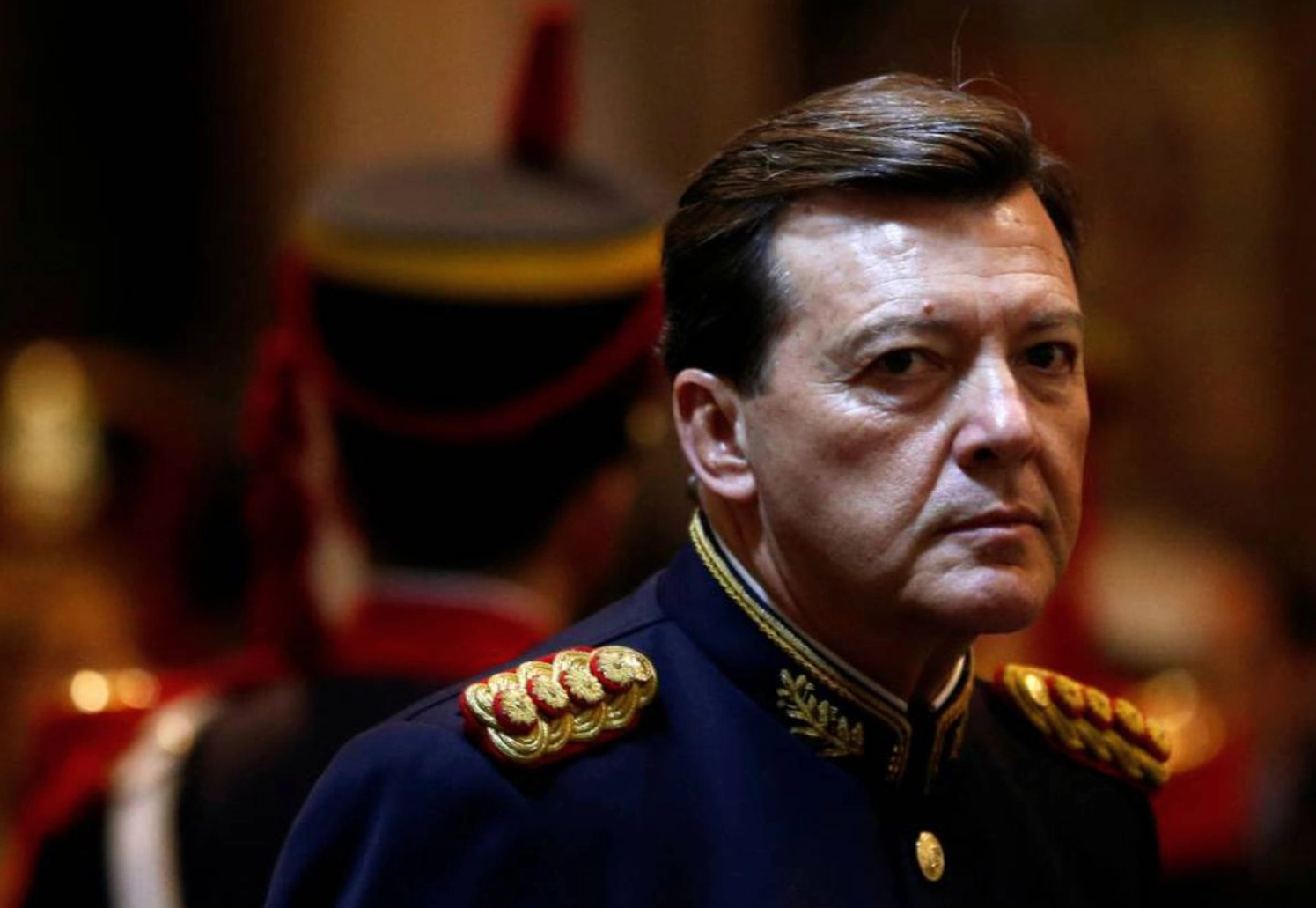César Santos Gerardo del Corazón de Jesús Milani, his full name, was head of the Argentine Army, appointed by then President Cristina Fernández de Kirchner, from July 3, 2013 to June 24, 2015. Previously, he had been head of military intelligence, a position he held from the command.
Since his retirement, he had to go through judicial processes for his performance as a young officer during the repression of the last dictatorship, and also for illicit enrichment, processes in which he was acquitted. Since then, he has been participating in public life from his militant adhesion to historical Peronism and Kirchnerism.
Recently, Milano surprised public opinion with his comments on the war in Ukraine and his enthusiastic support of the Russian invasion and the figure of Putin, whom he presents as a champion of anti-imperialism. In his X account, ex Twitter, he posted last July 29 that “the so-called Ukrainian counter-offensive, which had been announced with great fanfare, we can already say at this stage of events that it has failed resoundingly. It is almost a fact that it has reached absolute stalemate in the face of the resistance of an iron Russian defense.” “Not only has it failed”, Milani continues, “but at present, the Kremlin’s army is developing offensive operations in almost the entire battlefront”.
The Argentine general continues his geopolitical analysis in this way: “While the U.S. empire through NATO and a foolish president like Zelenskyy, absolutely obsessed by the power of the West and ignorant of the art of war, continue to send thousands of Ukrainian soldiers to their death, fighting for interests that are absolutely alien to them, Russia resists the attacks of the most powerful military alliance in the world and prolongs the combat at its own pace”. He continues his evaluation of the conflict asserting that “once Russia manages to end the war, we will see a more balanced world, with weights distributed among the three main powers and a better scenario for countries like ours, which historically have been subjected to the economic interests of the U.S., one of the main reasons why we have never reached our economic independence and state of true national sovereignty”. And he adds that “Russia is fighting today to put a limit to the excessive expansion of an insatiable empire that has not been able to recognize any limits, the sovereign interests of many countries are at stake in this conflict.
Under this scenario, the end of a geopolitical era marked by unilateralism is approaching. In the coming years, the absolute dominance of the U.S. as the world’s policeman will come to an end”. Milani concludes by stating that “the challenge for our country will be to know where, how and in what way we are going to position ourselves to receive this change for the benefit of our beloved homeland”.
Days after the dissemination of this text, on July 31, the correspondent of La Nación newspaper of Buenos Aires asked the head of the Ukrainian military intelligence, Kyrilo Budanov, during a press conference in Kyiv, what he thought of these concepts of the former head of the Argentine Army. The answer was laconic: “Who is Milani? Well, I offer him to come, we invite him to Ukraine and show him what is going on”, he answered.
It is very painful to remind that for many years the person who writes this and thinks today about the war in Ukraine was the strong man of the Armed Forces in Argentina, a person trusted by then Minister of Defense Nilda Garré and President Cristina Kirchner. And so it is a relief to know that now he only represents a marginal and minority testimonial voice. With distant reminiscences of that Cold War anti-communist nationalism that led us to the war and defeat in Malvinas. Those generals and admirals claimed to defend the “Western and Christian civilization” and ended up taking us to war against the West exalting a late anti-imperialism, seeking Moscow’s support.
These pendular movements of the Argentine governments have a long history and continued to repeat themselves until more recent times. Just a recent example: on February 3, 2022, President Alberto Fernández, within the framework of a meeting he held with Putin in the Russian capital, enthusiastically stated: “We have to see how Argentina can somehow become a gateway for Latin America so that Russia can enter Latin America in a more decisive way”. The Argentinean president expressed his “deep gratitude” to Russia for the supply of vaccines against the coronavirus during the pandemic. What Fernández could not have anticipated was that three weeks later – what bad luck -, the Russian president ordered the invasion of Ukraine.
Forty years later, the last strong man of the Argentinean generalship expresses himself as a copy of General Leopoldo Fortunato Galtieri. That isolated general of the last dictatorship, who put the country at risk to recover the Malvinas Islands by force and embarked on a war against Great Britain in 1982, which ended up being a war disaster and precipitated the withdrawal of the military from power and the recovery of democracy. This democracy is about to celebrate its fortieth anniversary by voting. Between memories and forgetfulness. Encounters and misplacements.
The original version of this text was published in Clarín.
*Translated from Spanish by Janaína Ruviaro da Silva












